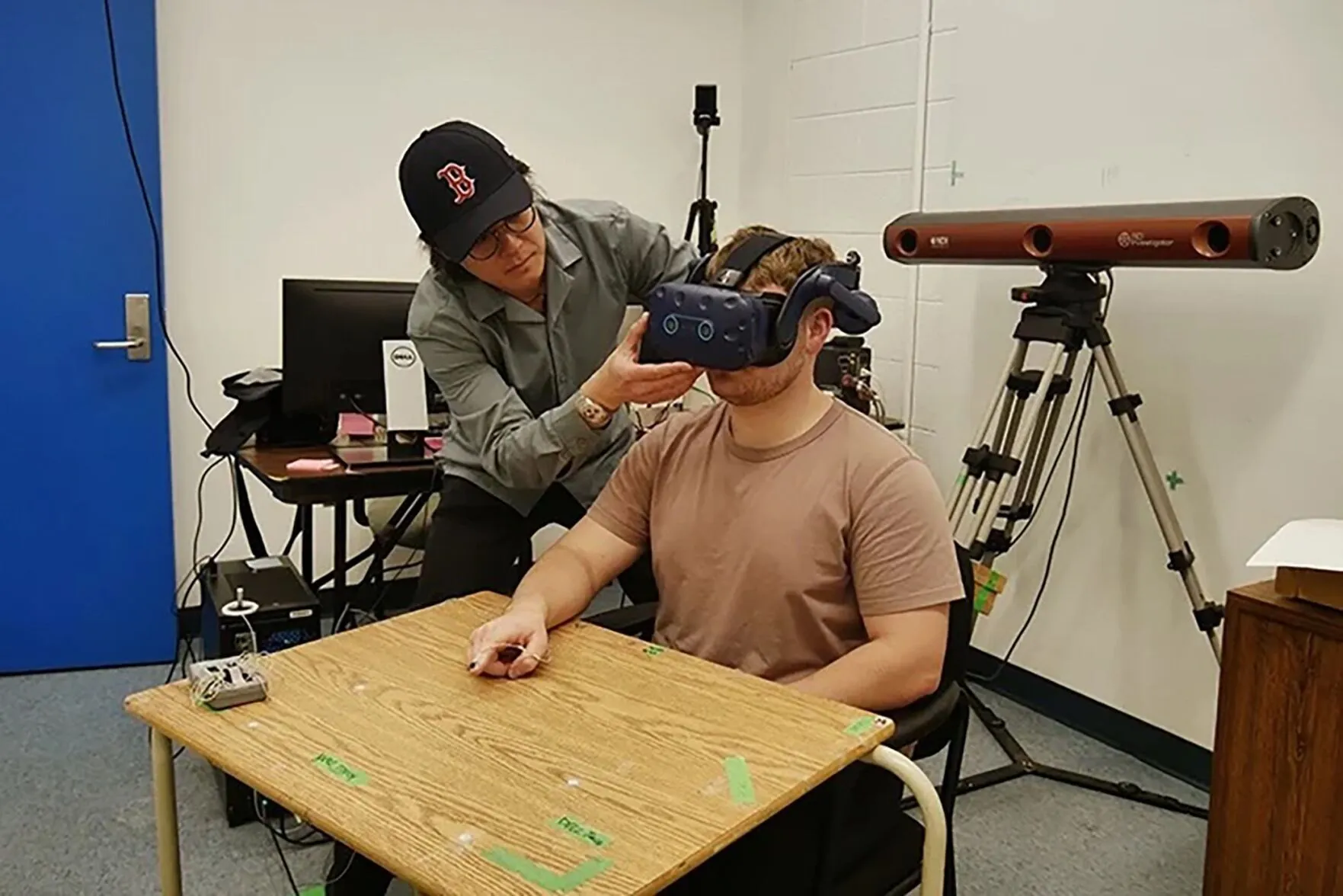UofT Study Reveals VR & AR Transition Challenges for Surgeons and Pilots

UofT's Findings on VR & AR Usage in Training
Recent research from UofT highlights the challenges faced by trainees in the fields of surgery and aviation when transitioning from virtual reality (VR) and augmented reality (AR) back to real-world scenarios. These technologies have demonstrated their potential in providing immersive training experiences, yet the adjustment period required for professionals to readapt to actual environments remains a significant concern.
Key Insights from the Study
- The UofT research indicates a noticeable gap in the effectiveness of learning outcomes when moving from immersive training back to hands-on applications.
- Participants in the study reported feeling disconnected from reality after extensive use of VR and AR tools.
- Strategies to mitigate these transition challenges are being explored to optimize training programs.
For more detailed findings and implications of this study, we encourage readers to explore additional resources.
This article was prepared using information from open sources in accordance with the principles of Ethical Policy. The editorial team is not responsible for absolute accuracy, as it relies on data from the sources referenced.